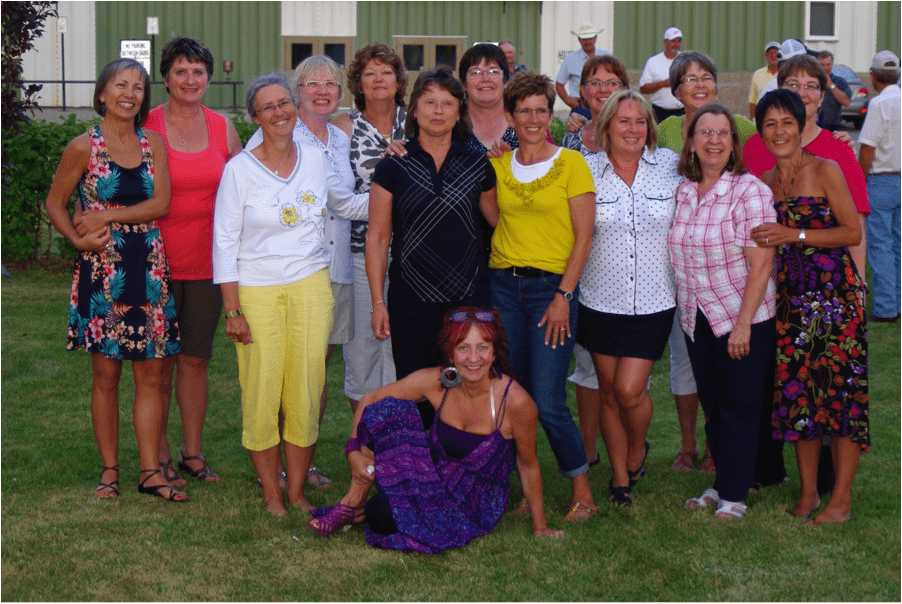This past weekend, a friend of mine told me he feels lonely when spending time with his partner but not when he is alone. In his own search for answers, he asked me, “What does that mean?” In turn, I asked him, “When we are feeling lonely while in relationships with others, who are we lonely for?”
As you will see below, the varied definitions of loneliness are superficial at best when it comes to answering this question. The Merriam-Webster Dictionary interprets loneliness as “sad from being alone or apart from other people.” However, the Psychology Department at the University of Chicago refutes this meaning with —
The most broadly accepted definition of loneliness is the distress that
results from discrepancies between ideal and perceived social
relationships. … loneliness is not synonymous with being alone, nor
does being with others guarantee protection from feelings of loneliness.
Rather, loneliness is the distressing feeling that occurs when one’s social
relationships are perceived as being less satisfying than what is desired.
Yet another psychology source claims loneliness to be “the perception of being alone and isolated.”
Despite the conflicting interpretations, I think we can all agree loneliness is a perception. Where the literature comes up short is on its root cause. What truly causes loneliness?
A perception (i.e., loneliness) is a thought or feeling created within oneself possibly triggered by an emerging experience. The operative words here are created within oneself regardless if the trigger is an external event or a person. Our thoughts and feelings are a result of us choosing to respond in a certain way to a certain circumstance.
In essence, we are the root cause of our loneliness and any other feelings we choose to hold. If you are with me so far, then I reiterate, “Who are we lonely for?” The answer I gave to my friend was, “You. You are not being yourself. That is, you are not being true to yourself.” And the next question I asked was, “Why not?” Once you know this answer, two pathways emerge — 1) you can continue to choose to be lonely or 2) you can choose to be true to yourself in which case loneliness disappears along with a whole lot of other negative emotions.
I considered ending the blog here because self-awareness (the discovery of your true self) is a DIY process. However, in the case where you perceive your social relationships as “less satisfying than what is desired,” remember that perceptions are merely projections of our own internal state. The beauty of knowing this is we can use our perceptions to better understand our own strengths and less satisfying deficits.
Have you noticed how drawn you are to some people because of a particularly positive quality apparent in them? Well, it is more or less apparent in you, too. As the chemists say, “Like attracts like.” Similarly, when less satisfying qualities become visible in others, we are seeing ourselves in those people. Everyone and everything is a mirror reflecting one’s inner reality in that moment. Everything happens for a reason, so go with what is unfolding around you and find out why “it” is happening.
Pay attention to the messengers. Pay attention to the messages. Jennifer Pastiloff
Over 20 years ago, I made this deal with the universe — If you knock on my door twice about the same thing, I will pay attention and act to create the necessary change. In actuality, I was not yet confident that my intuitions were truthful. Experience has since taught me that I do not need to wait for two knocks. I can act immediately upon the messenger’s or message’s arrival, and so can you.
What is your intuition telling you about the source of your loneliness?
For more on discovering and being your truth and DIY transformation, click here.





